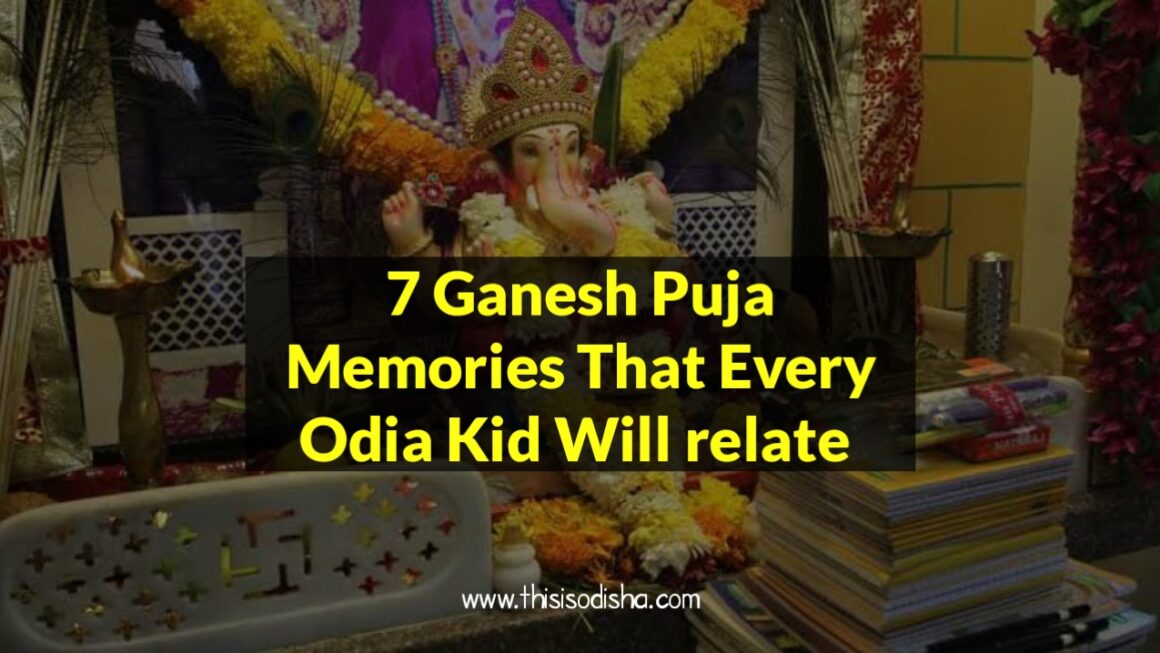Ratha – Chariot/ Car
Yatra – Journey
Ratha Yatra is one of the most religious festivals of Odisha.
Ratha Yatra marks the annual journey of Lord Jagannatha along with his siblings, Lord Balabhadra and Goddess Subhadra, from his home (Main Shrine) to his aunt’s home (Gundicha Mandira or Mausi Maa Mandira). It is celebrated every year on the second day of Shukla Pakhya of Ashadha Maasa (June in Western Calendar).
There is a sequence of events associated with this spectacular annual event.
- It all starts with Snana Yatra when the deities take a sacred bath and fall sick for about 2weeks.
For more details – Click Here - When the deities become well, on Ratha Jatra, they are taken from the main shrine to the Gundicha Temple. Gundicha temple is the maternal aunt’s home of deities.
- After a seven day stay at aunt’s home, the deities come back to the pavilion in the same chariot, this is known as Bahuda Yatra.
- On Suna Besha, the day after the return journey, Deities are adorned with gold ornaments on the chariots.
- It ends with Niladri Bije, which is the return of deities to the temple from the chariots after an exciting fight with Goddess Laxmi (Wife of Lord Jagannatha).
Chariots
The sacred chariots of Lord Jagannatha, Balabhadra and Goddess Subhadra ‘s are freshly constructed each year with wood of defined trees, such as phassi, dhausa, etc. They are usually brought by a specialist team of carpenters from the former state of Dasapalla with hereditary rights and privileges for the same. The construction starts on the day of Akshaya Tritiya. The chariots are placed across the Bada Danda, wide avenue in front of the main entrance of the temple (SinhaDwara). They are decorated as per the tradition followed for centuries.
Nandighosha – The Chariot of Lord Jagannatha
Number of wheels – 16
Number of wooden pieces used – 832
Height – 44′ 2″
Colour – Red and Yellow
Guardian – Garuda
Charioteer – Daruka
Taladhwaja – The Chariot of Lord Balabhadra
Number of wheels – 14
Number of wooden pieces used – 763
Height – 43′ 3″
Colour – Red and Green
Guardian – Vasudev
Charioteer – Matali
Darpadalana – The Chariot of Goddess Subhadra
Number of wheels – 12
Number of wooden pieces used – 593
Height – 42′ 3″
Colour – Red and Black
Guardian – Jayadurga
Charioteer – Arjuna
Rituals of Ratha Yatra
Pahandi:
The Deities’ journey into the outside world begins with a spectacular royal procession called Pahandi Bije. This Pahandi Deity Procession is in a row and is known as ‘Dhadi Pahandi’ or a group move. The deities take rest in Dhadi Pahandi procession whenever required during the journey to their respective chariots. First Lord Sudarshana, then Balabhadra, then Subhadra and lastly Lord Jagannath are taken out.
Rituals on the Chariots:
Before the yatra begins, some pre-ride rituals are carried out.
- Chaka Apasaras – Cushions are provided
- Madanamohana and Ramakrishna are placed in the respective chariots.
- Chita Lagi – Ornaments are adorned by the deities, and pata vastra is provided.
- Chhera Pahanra – The King of Puri, mopes the platform of the chariot with a broom made up of gold. The Chhera Pahanra act implies no difference is made between the king and a sweeper. The king, as the chief servant, performs the vile job of a sweeper in the presence of the Lord of the Universe as a mark of utmost humility.
- Sarathi Lagi – Wooden charioteers are fastened with the respective chariots
- Ghoda Lagi – Wooden horses are fastened after the removal of wooden flights
Ratha Tana:
Finally, chariots (Rathas) are pulled by the devotees. First moves the Taladhwaja, followed by the Darpadalana and lastly the Nandighhosha.


[…] For more details on Ratha Yatra – Click Here […]
[…] Lord Jagannath returns to Shree Mandir with his siblings Lord Balabhadra and Devi Subhadra from the Rath in Goti Pahandi(procession from the chariots to the Ratna Singhasana one by one without taking any […]